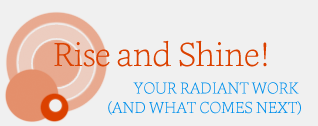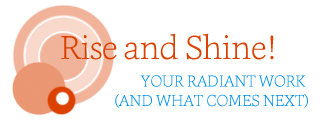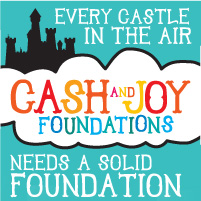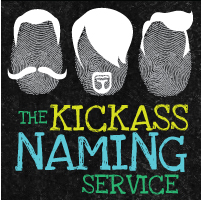There is a beautiful island in the tropics. It has bountiful greenness, warm gentle breezes, and sands whiter than hope. It is the kind of island that you suspect of being a Photoshop job, even as you feel the sand between your toes.
In this land of peace and plenty there is little strife and minimal uncertainty: the nuts are plentiful, the chickens lively, and there is enough of everything to go around. But there are times – human nature is what it is – that people need to make hard decisions.
Should I choose Palu or Manu?
Is it better to kayak to the next island to barter my breadfruit?
Should I plant up high, or closer to the river?
Whenever these decisions arose, the people of the island would journey to the Wise One.
The Wise One had been an elder for many times many years, wisely guiding the people of the island into good decisions. The Wise One had negotiated treaties with the outer islands, saved the people of the island from sickness, and kept arguments from ugliness.
Nowadays the Wise One no longer lived with the other people of the island. She was very old and lived quietly in the mountains, but still her wisdom was available.
And so the people of the island would travel up the mountain, ask their question and wait for the Wise One’s judgement. Every person on the island felt the comforting surety as the Wise One guided their decisions.
Everyone, that is, except Nela.
“Nela,” the people of the island would say, “Have you asked the Wise One whether this is the best season to harvest?”
“No. I know that this is the best season. I do not need anyone else to tell me.”
“Shame upon you, Nela!” they would cry. “Have you no respect?”
And then the people of the island would say, “Nela, have you asked the Wise One about which woman you will attract?”
“No. I know which woman I desire, and I have already told her so. I do not need anyone else to tell me this.”
“Shame upon you, Nela!” they would cry. “You are a fool, to ignore the Wise One so!”
(But Nela seemed to do as well as the other people of the island, for all of that.)
On the day of the Day Eclipse, the Wise One died.
Wailing and moaning and afrightened, the people of the island gathered together. “We are doomed now the Wise One is gone! How will we know what to choose? Oh woe upon us, woe…”
And Nela shouted, “Be silent! We will go on just as we have done and we will receive as much bounty and we will not fail. The Wise One was truly great, but her greatness was in the way she taught us no longer to need her! She taught us of her healing so we would not sicken. She taught us how to be fair, to be firm, and to treat with those who would do us harm. She taught us the lore of growing things so that we could bring forth food!
“I have never needed to climb the mountain to see whether my decisions were correct, because I had already learned wisdom from the Wise One! AND SO HAD YOU. Every time you toiled up that mountain it was to check with the Wise One whether the decisions you had already thought out were correct. And they always were! You did not seek her wisdom – you already had it. You only wished her permission to do what you had already decided.
“The Wise One is dead, and never again will you receive her permission. But her wisdom lives in you, and so you will make do without it.
Tell me, people of the island, what should we do now?”
And the people of the island answered him that they should make a great celebration for the death of the Wise One. And they did so.
And when the Great Winds came, they knew what to do. And they did so.
And when they tried to make Nela the newest Wise One… he chased them away with a sharp stick.
Human nature is what it is.
The moral of the story
Smartness attracts worshippers.
If you aren’t careful, you will end up with a group of people who love your work, implement your advice… and come back to you to put the stamp of approval on everything they do.
If you set yourself up as the idol of permission, they will keep returning to YOU for validation.
YOU DO NOT WANT THIS.
It adds a fuckload of extra work, gets frustrating quickly, and limits the soul growth of your cultists. And lord help you if you cut off the supply – they will chase you around the earth to get that warm satisfying approval back.
When you are in a position of authority, the goal is to help people uncover the permission in themselves - to find their own instincts and trust them, to make their own rules for what is right. Then they leave to go do their own amazing work, leaving you the psychic space to attract and serve new people.
Oh crap, I’ve accidentally set myself up as the idol of permission. What do I do?
1. Start gently answering every frantic, “What should I DO!?!” email with “What do you think you should do?”
2. Write more “Here is the overall process” articles and less “Here is what you need to do, step by step” articles.
3. Make yourself less available – put a time delay in answering your emails so they can’t get an immediate fix and have to deal with it by themselves.
4. Stop giving people permission. Start helping people to find the permission in their pocket.
5. Worst comes to worst, fake your own death.
What do you have to add to the de-idol list? Add your bit in the comments.
How do I deliver smartness without setting myself up as an idol? Learn more by signing up to Mo’Cash, Mo’Joy, the weekly newsletter for awesome people.
![]() photo credit:
photo credit:








23 Comments